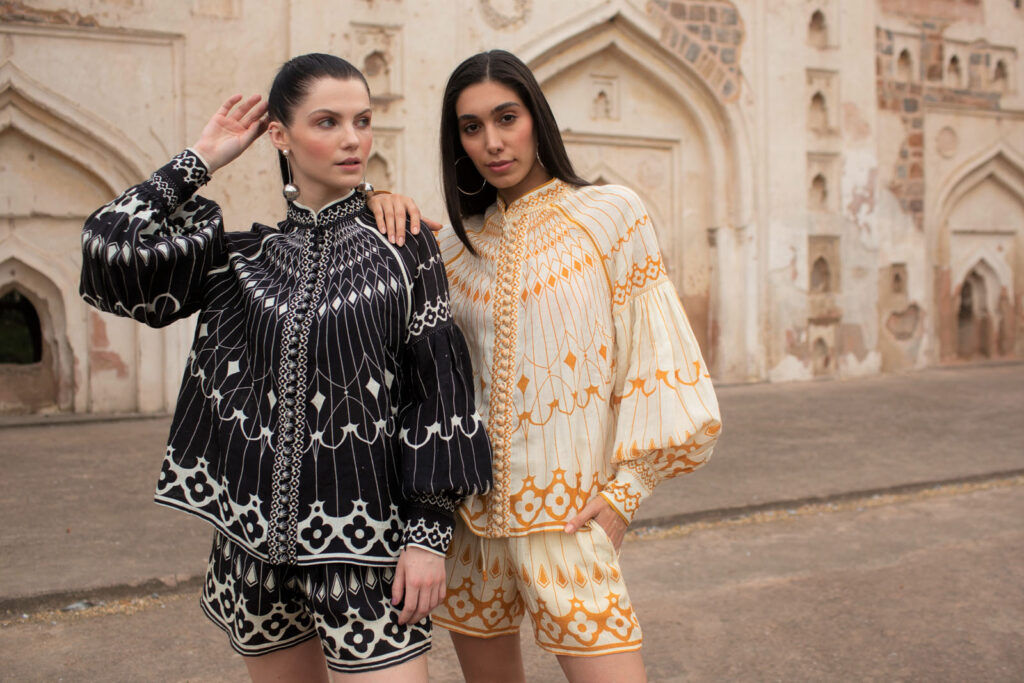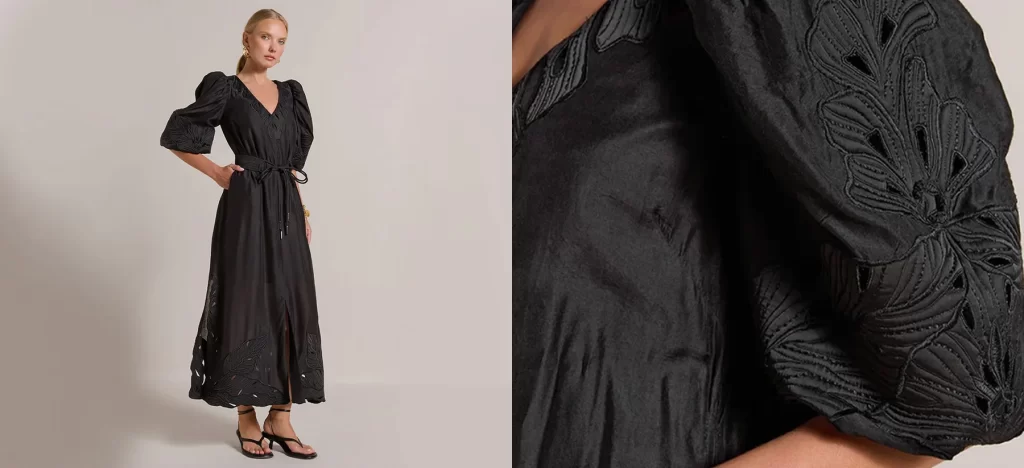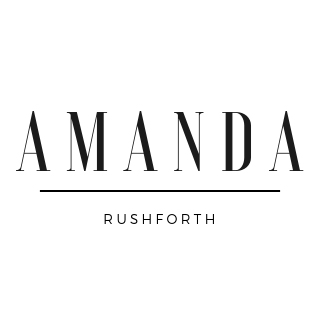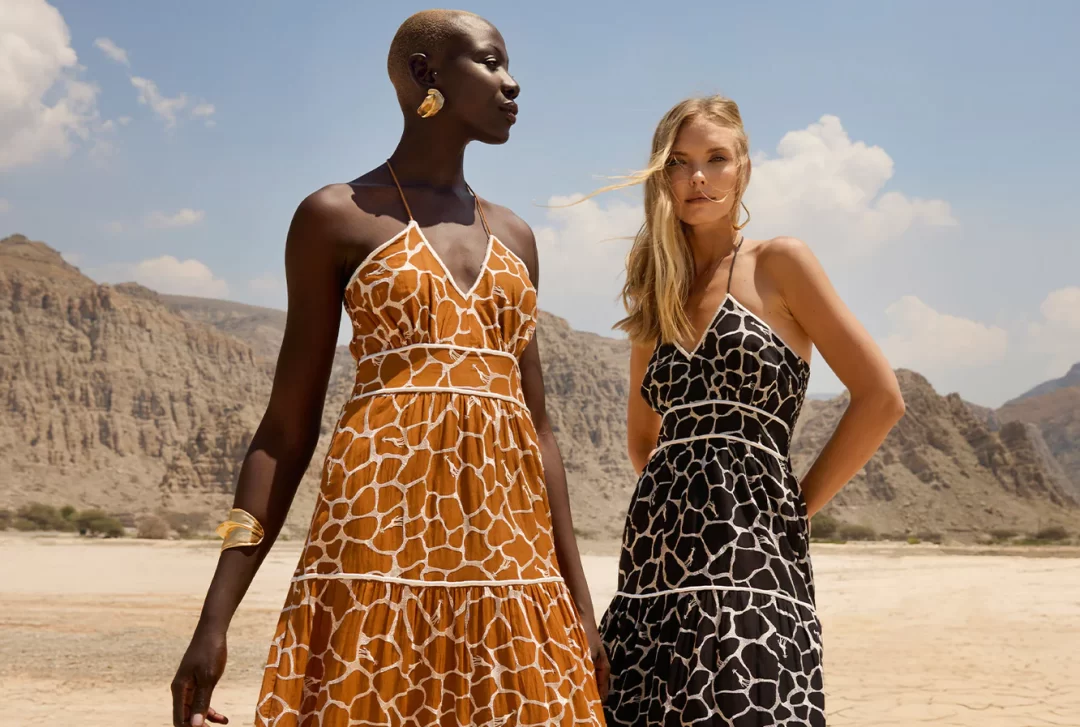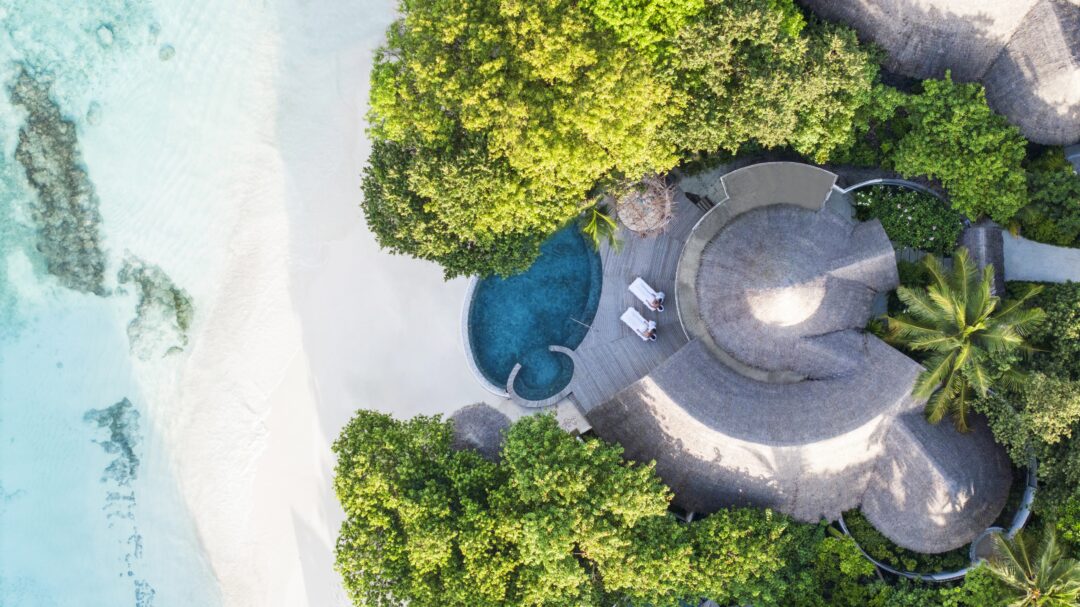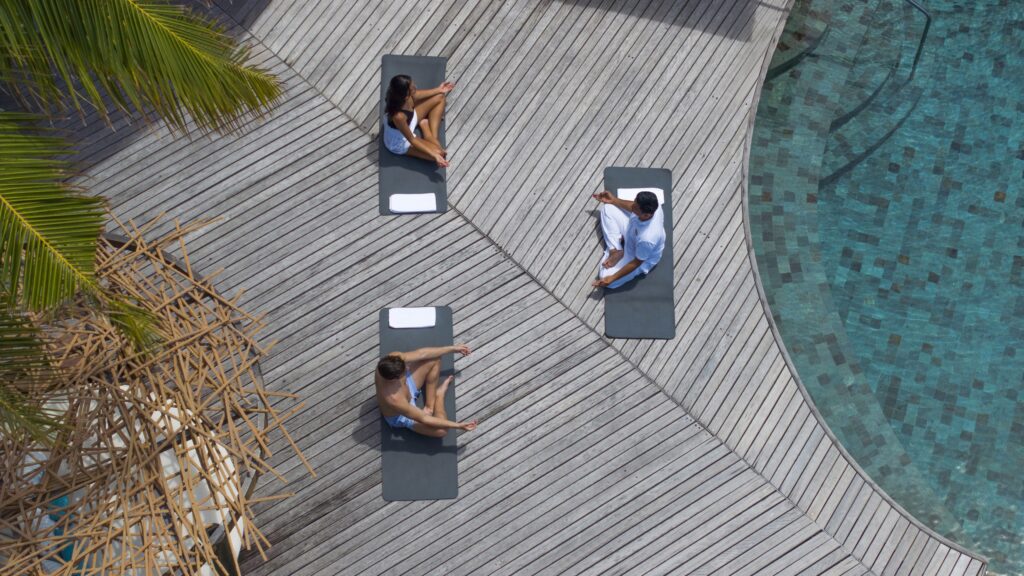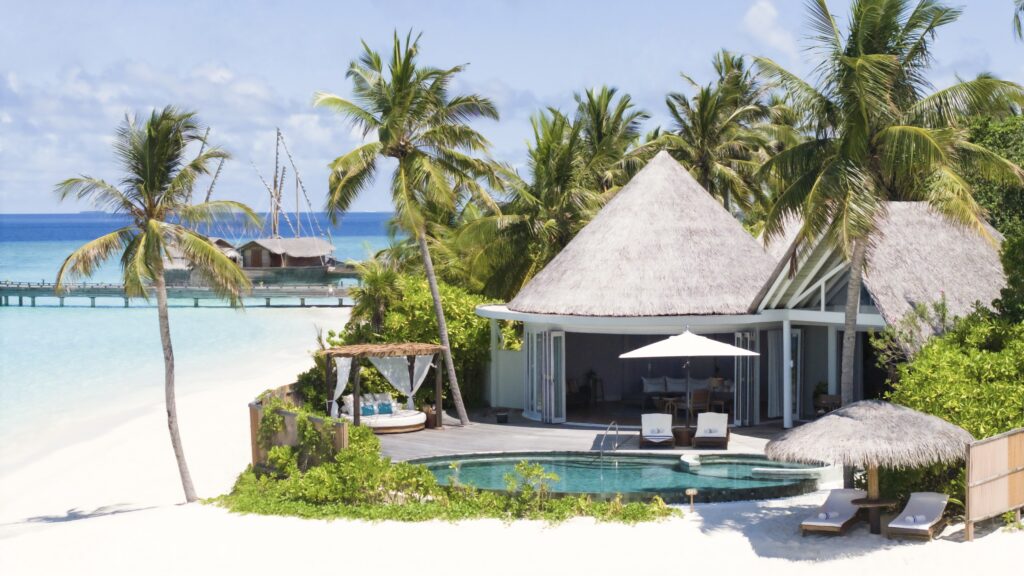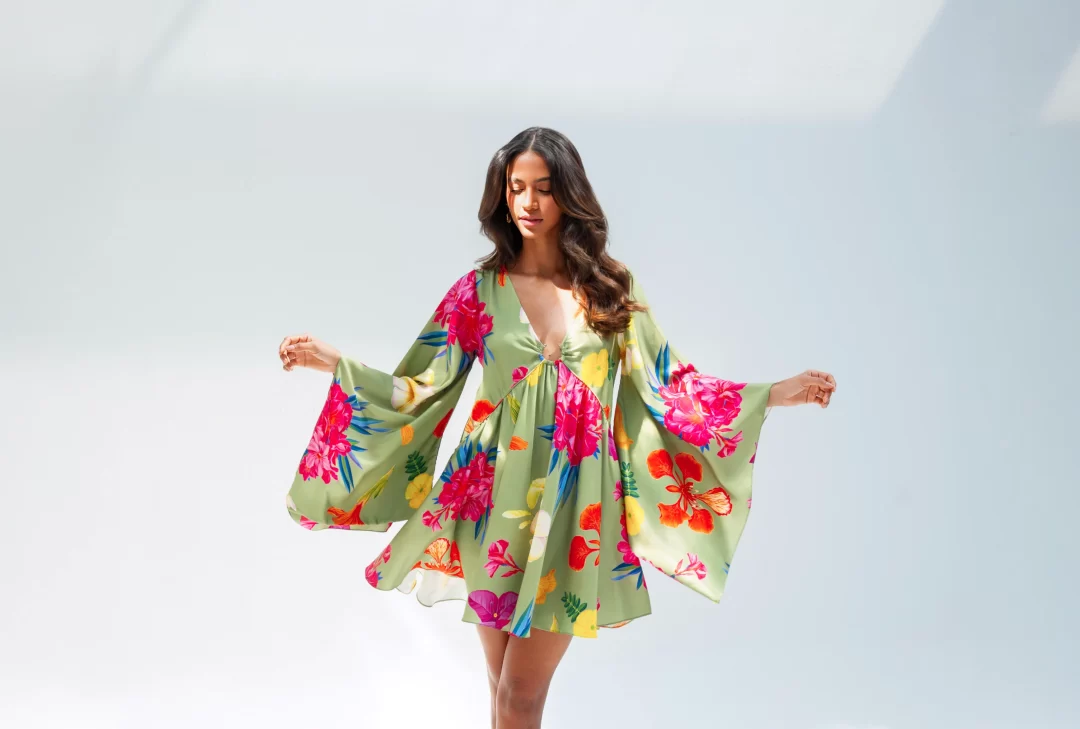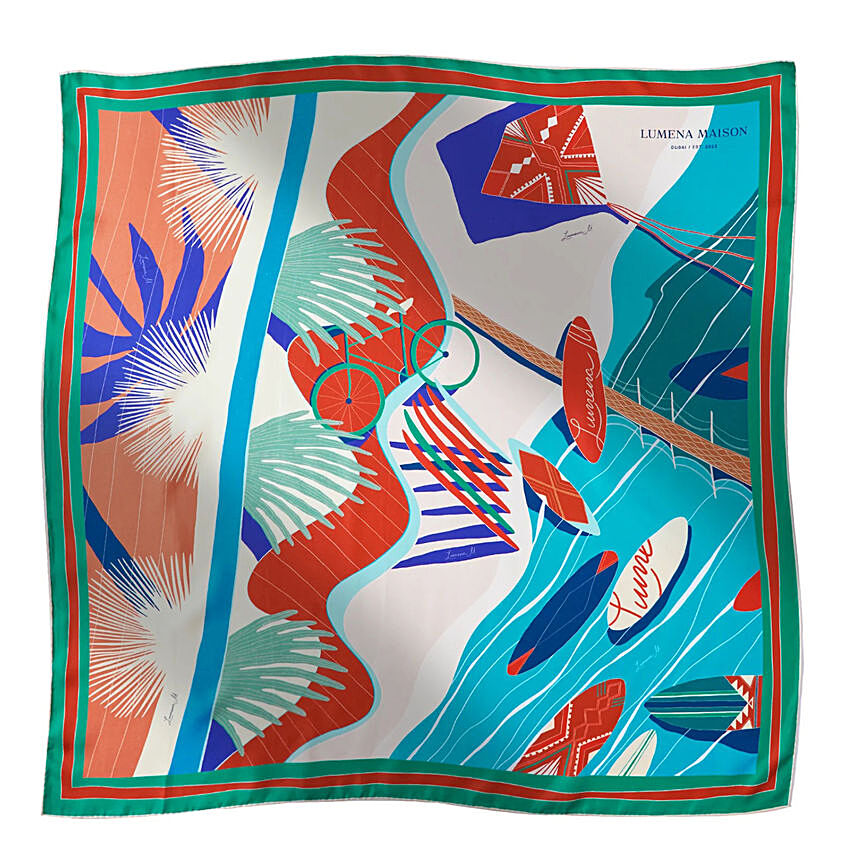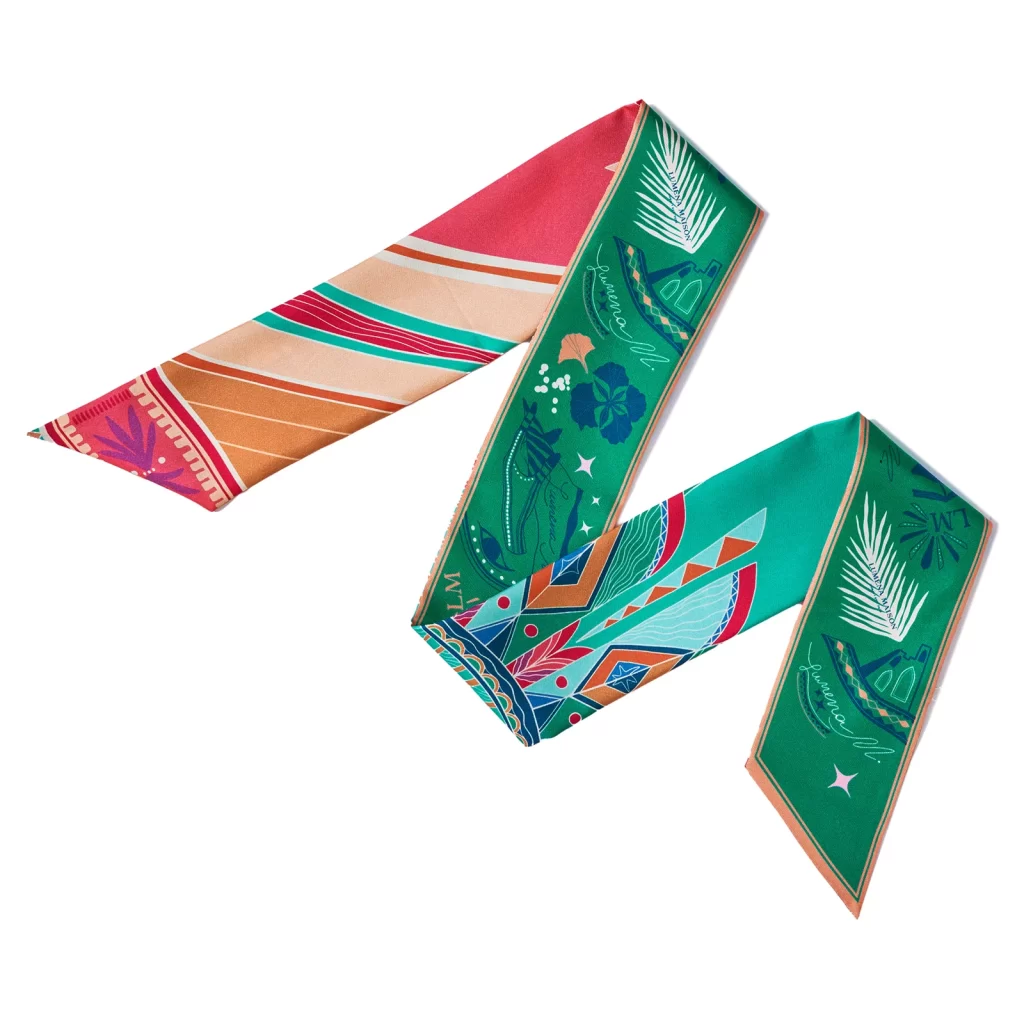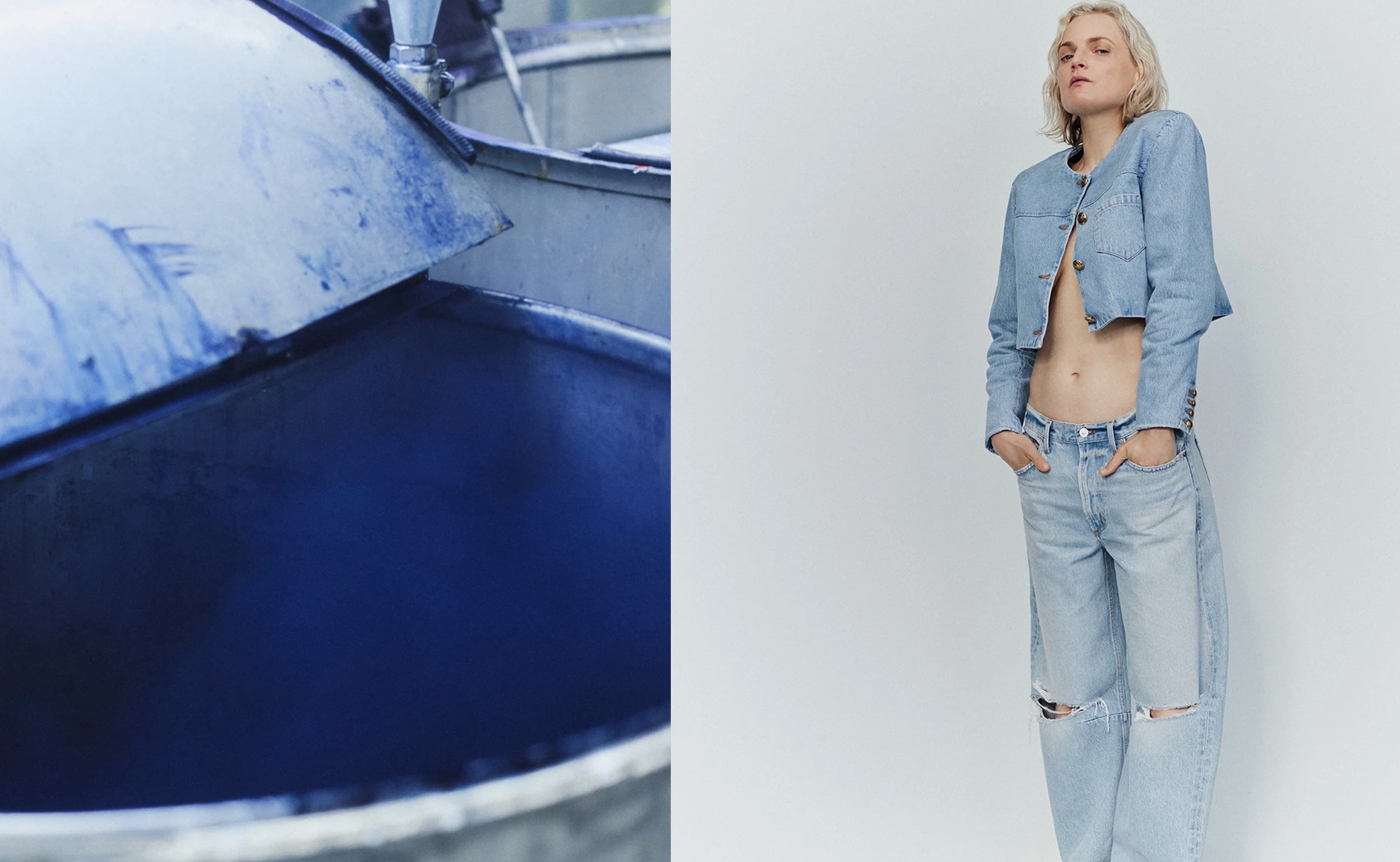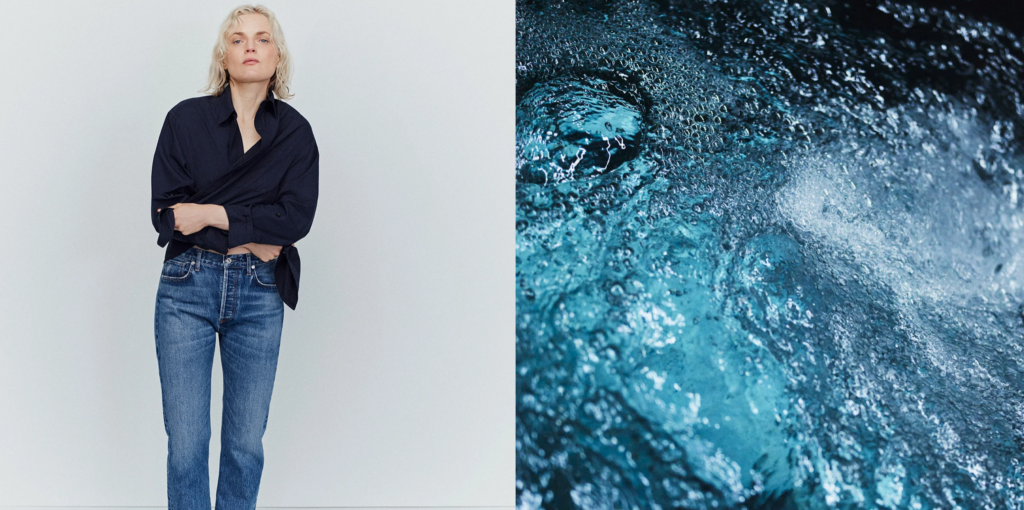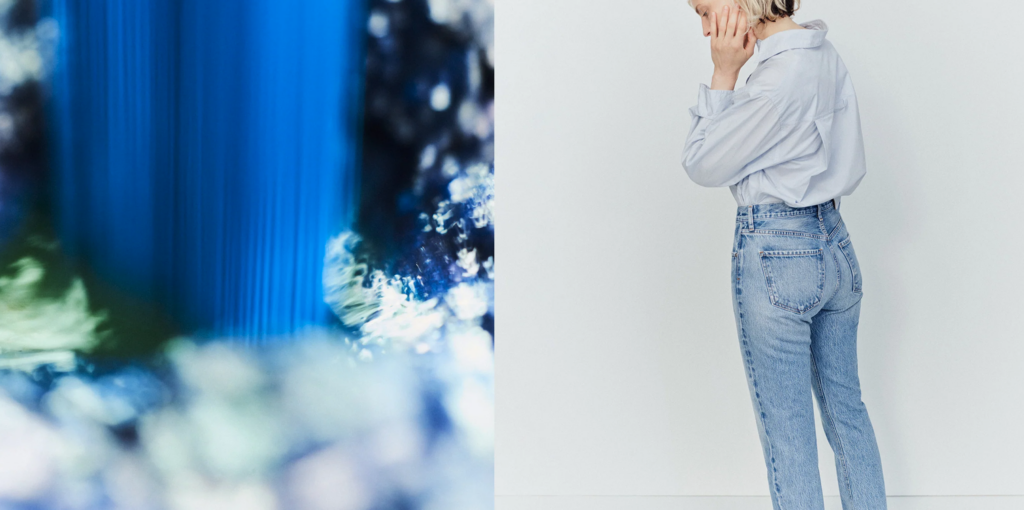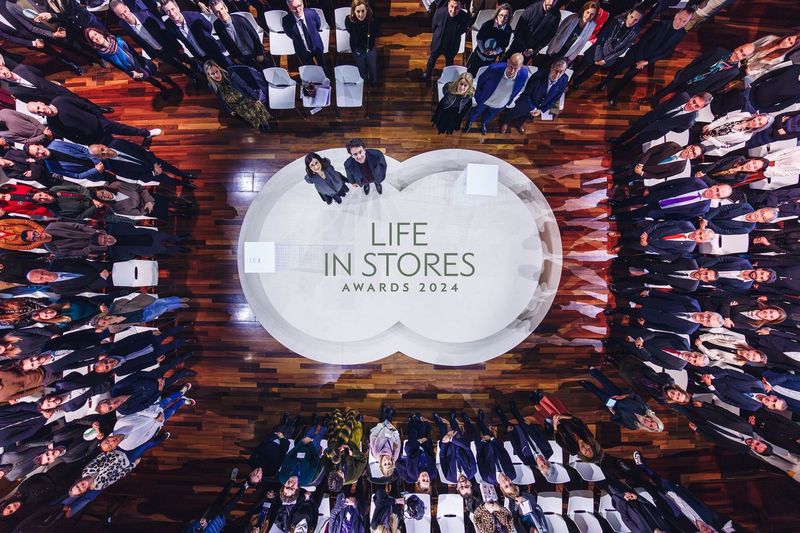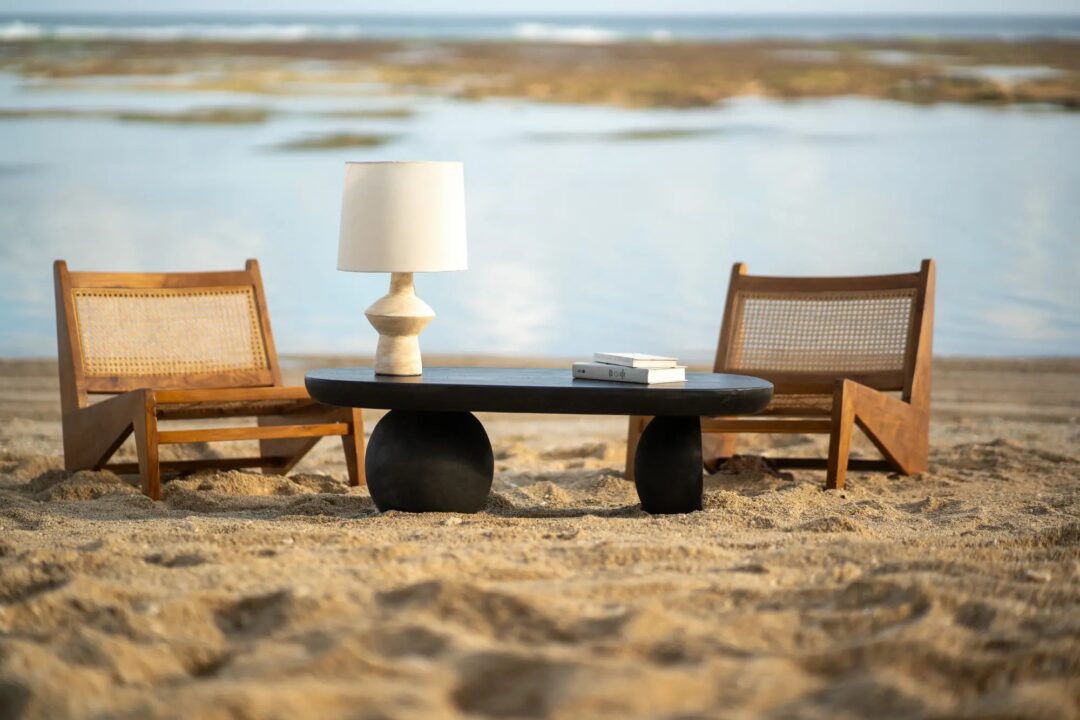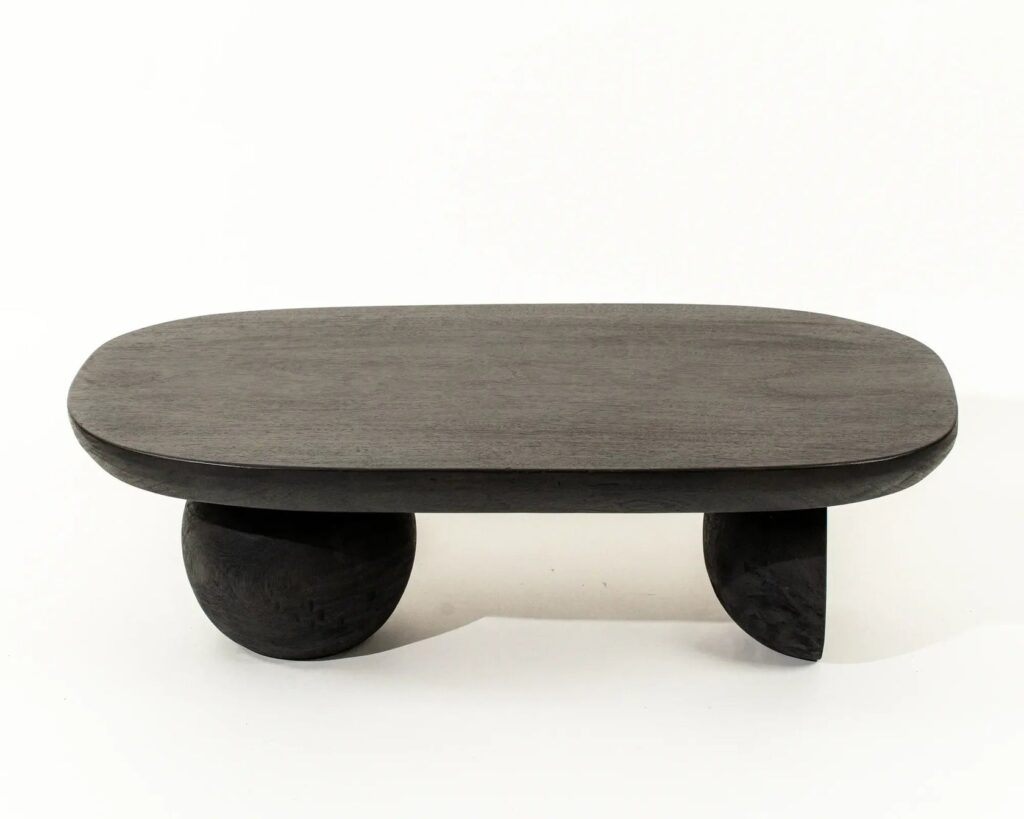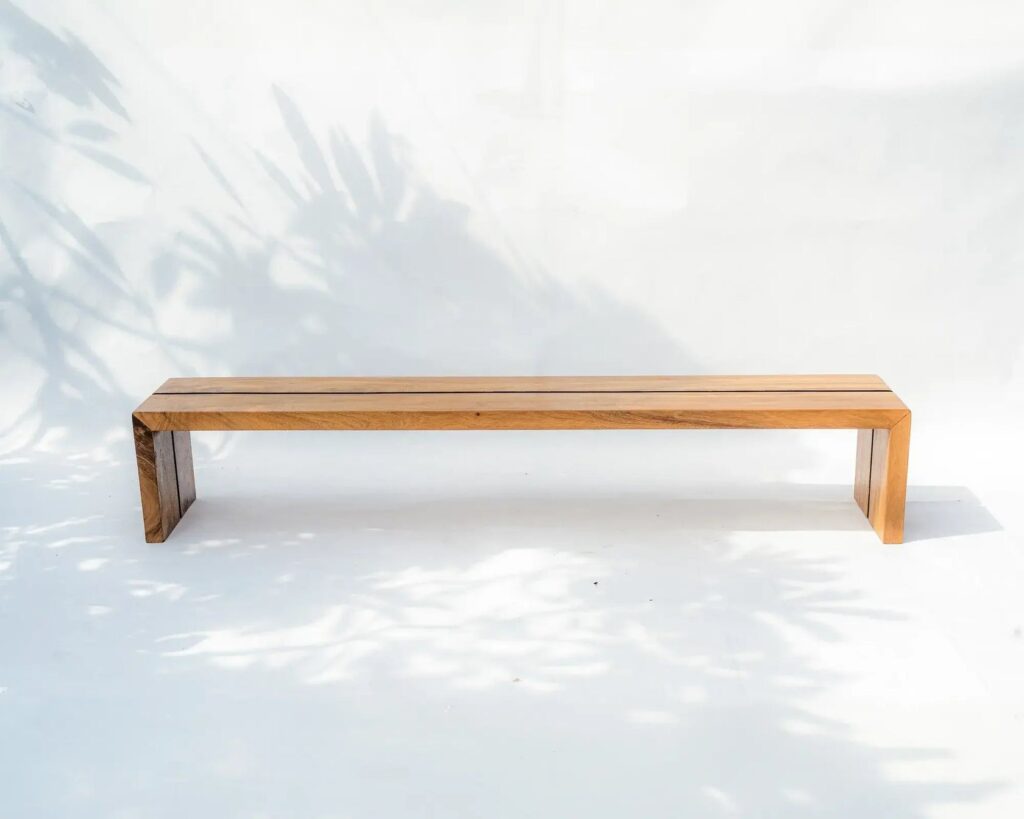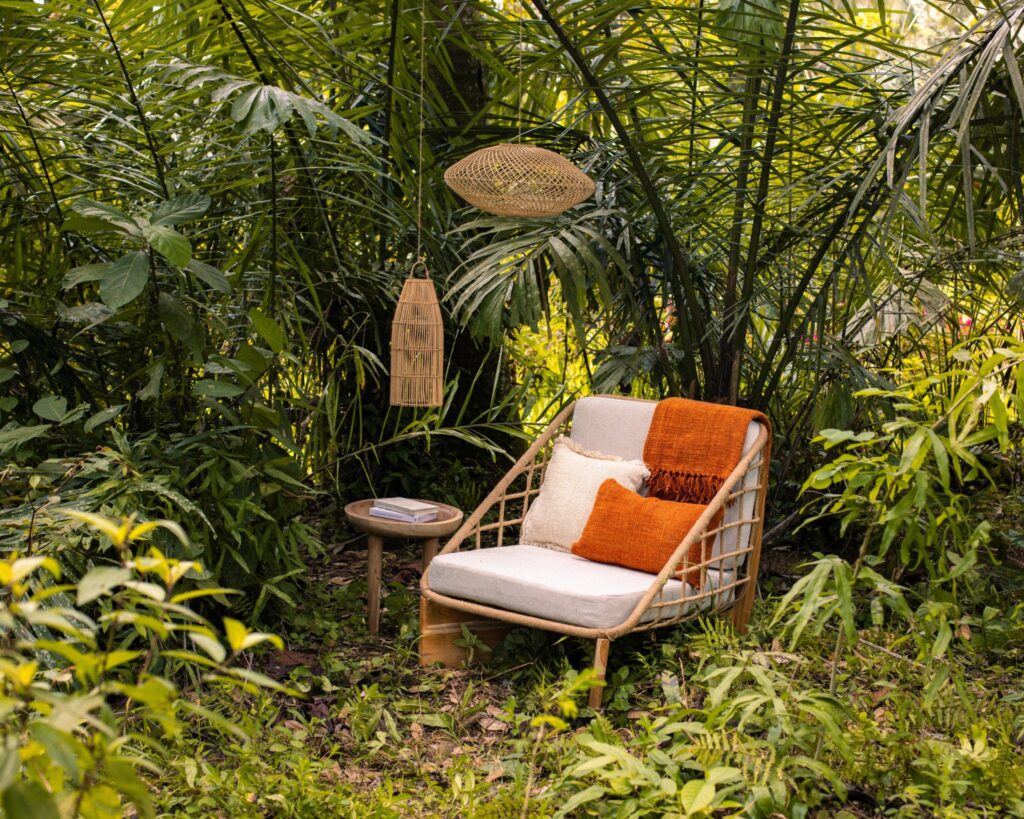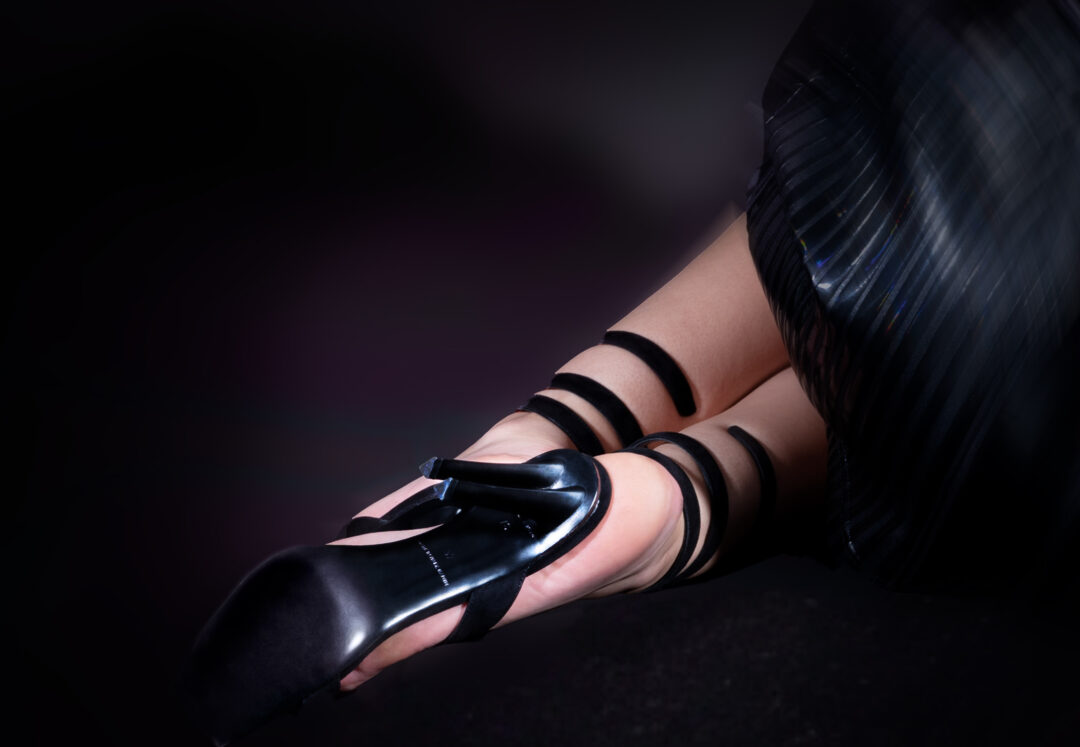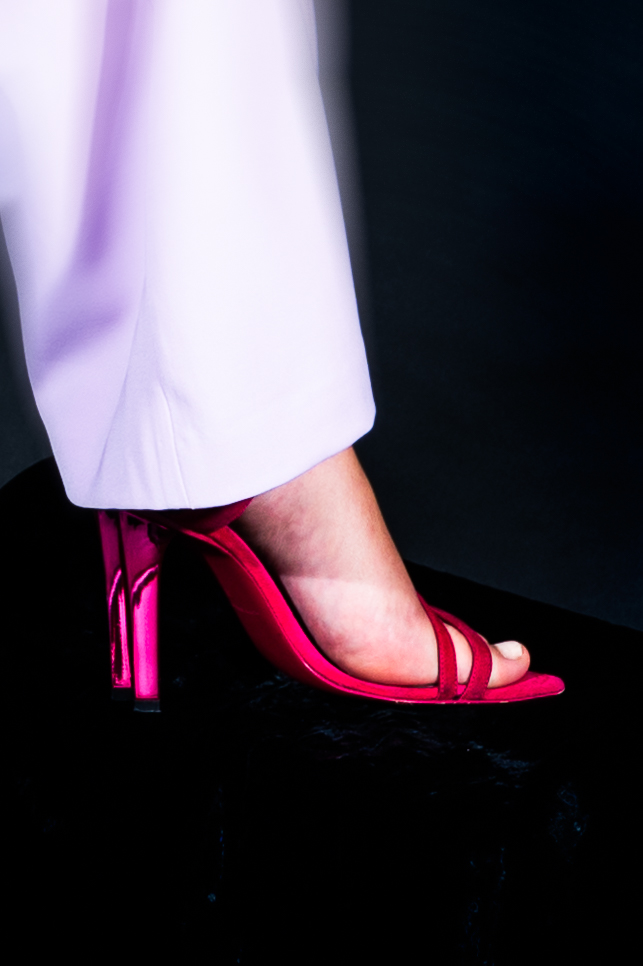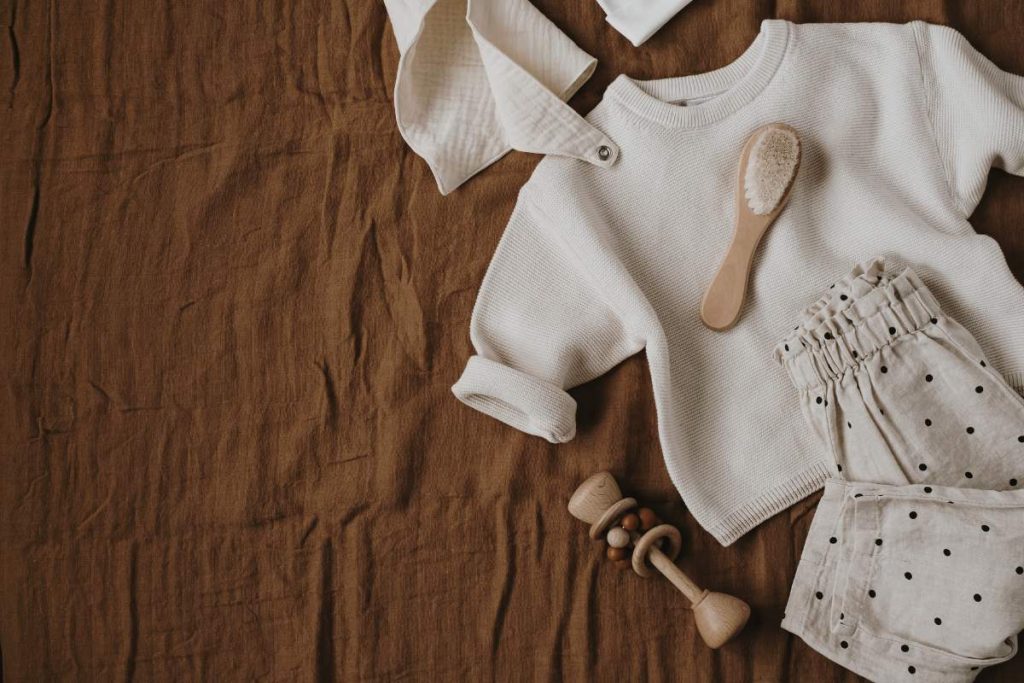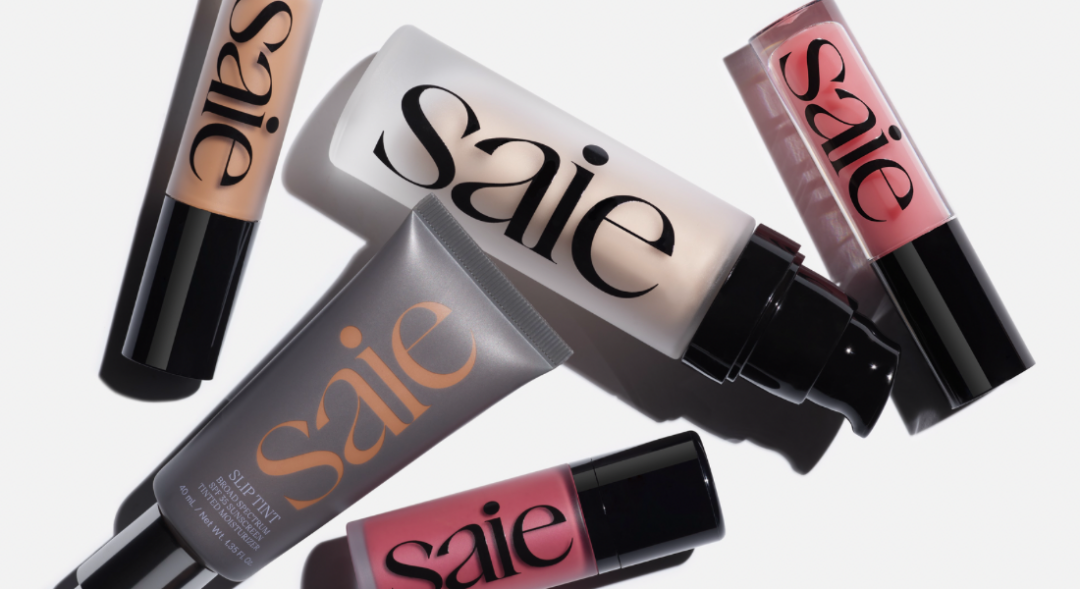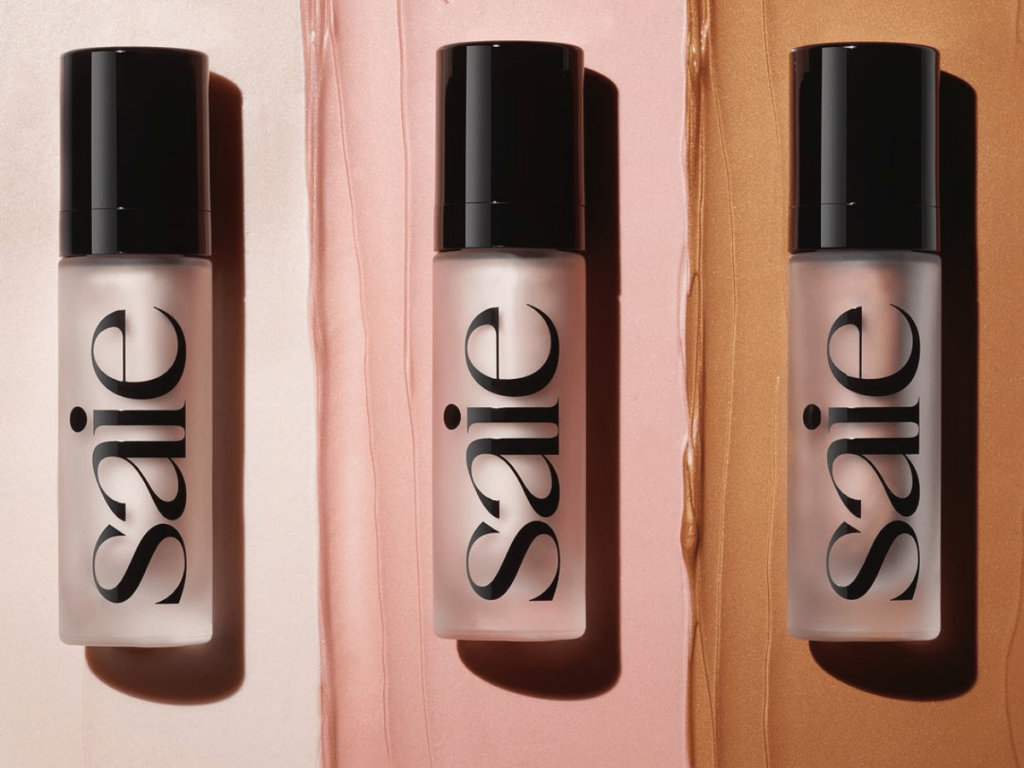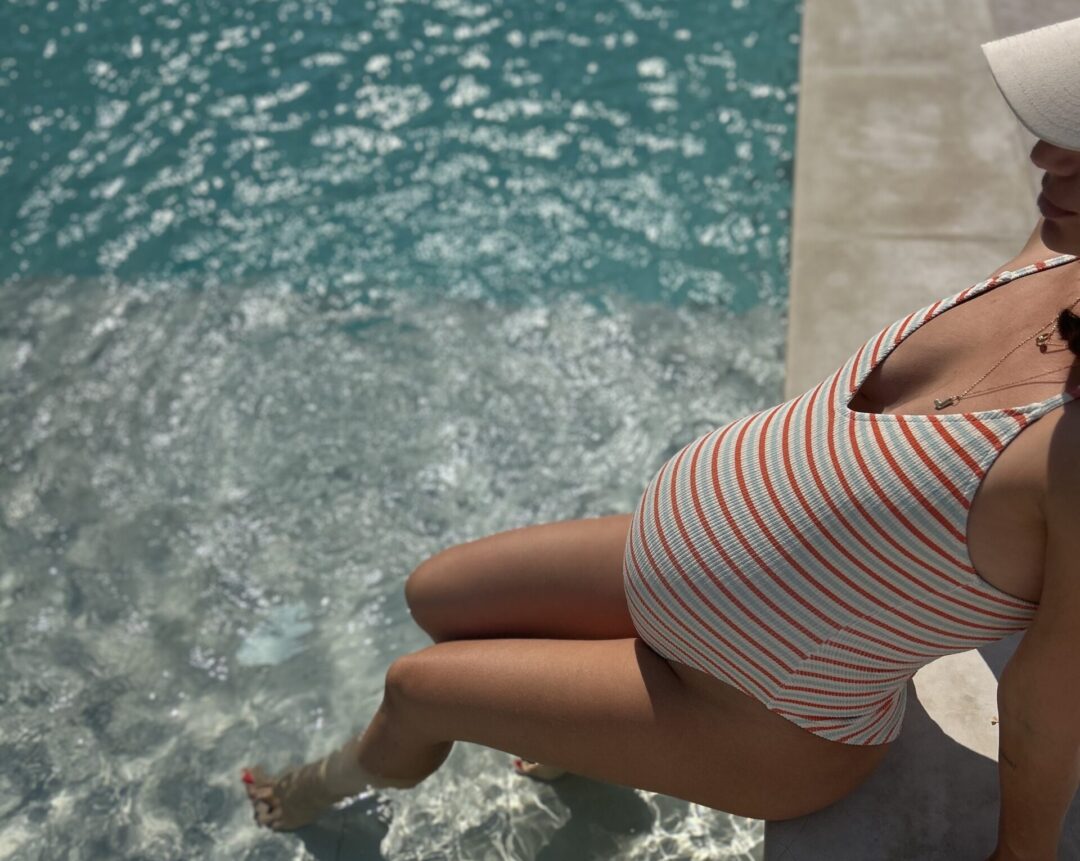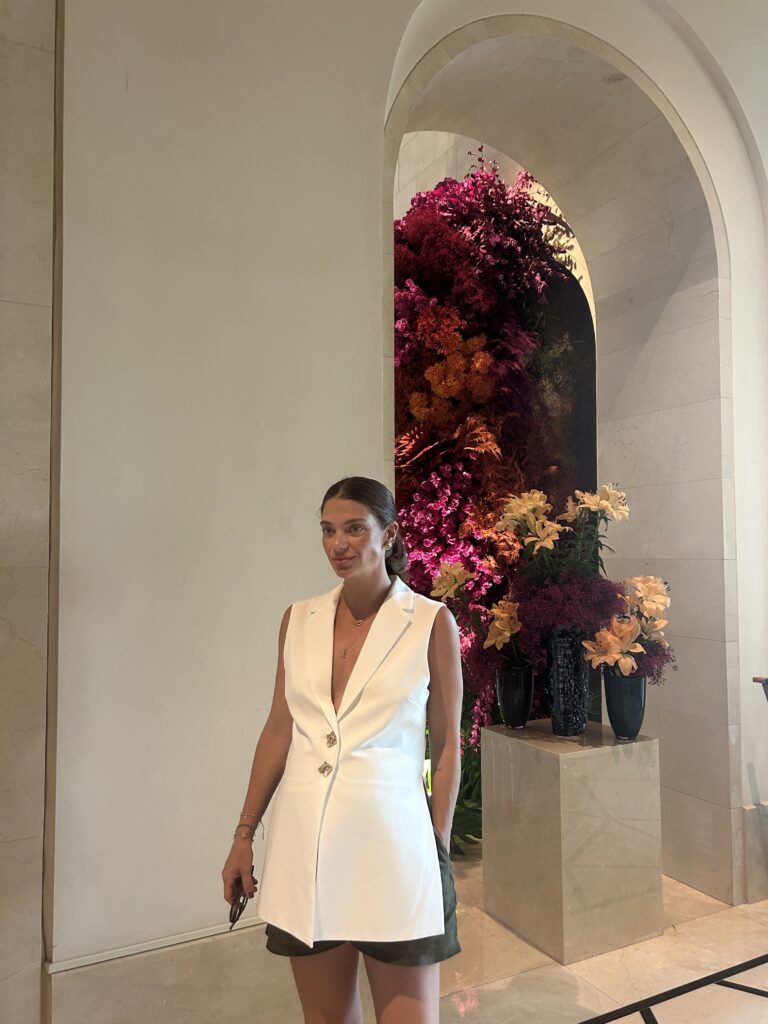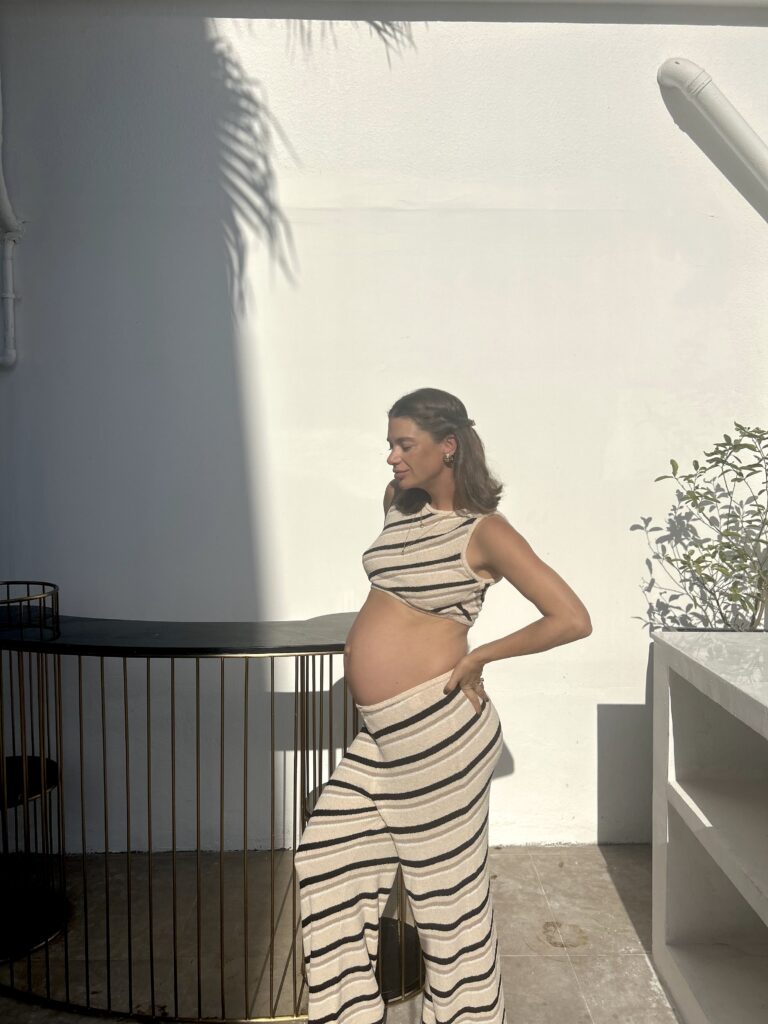Did you know that an average child uses over 200 pieces of clothing! Babies will outgrow 7 clothing sizes in their first 2 years, which is not sustainable at all.
The $200 billion global kid’s clothing market is growing faster than adult’s, expected to reach nearly $300 billion by 2030. 180 million+ pieces of kids clothing go to waste each year. That’s not all, most modern textiles exact some form of environmental tax. Regular cotton is grown using pesticides, but organic cotton must often be shipped consumes lots of water. Plus, human-made materials like nylon and polyester come from petroleum. Toxins also get involved in the spinning, dyeing, and overall production of many fabrics, which contributes to the release of greenhouse gases and can leach toxins into the soil and water supply.
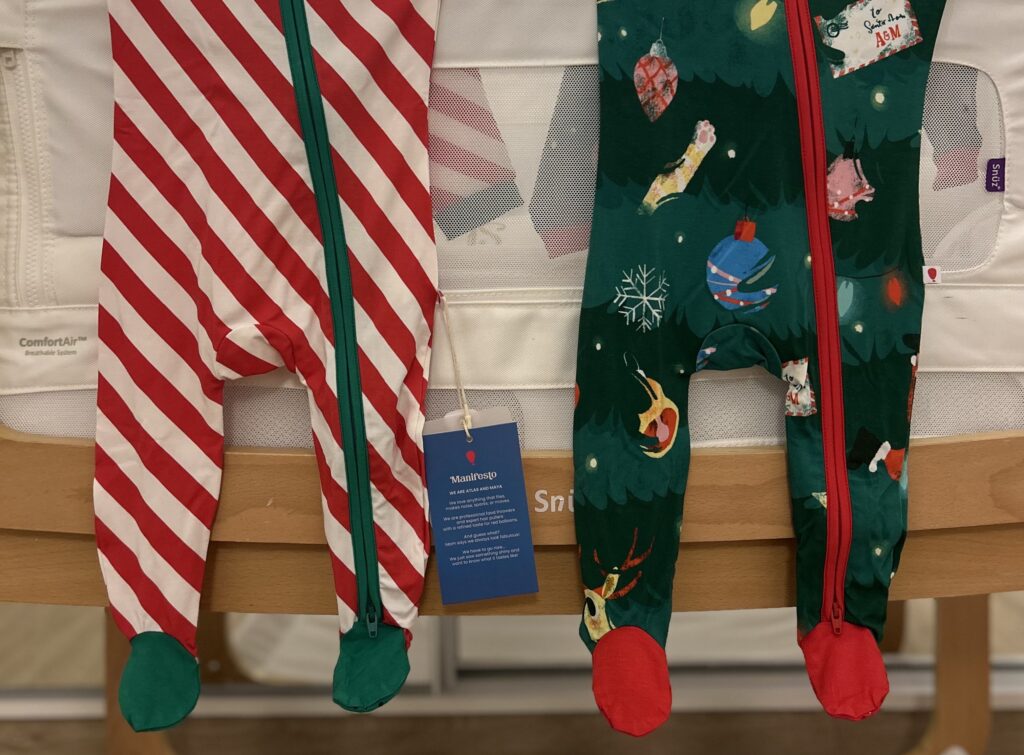
But there is hope… for used outfits and items that remain in good condition, there is a thriving secondhand market for children’s clothing, toys and equipment here in Dubai, both on and offline.
Christmas is as we know, a very consumer heavy holiday and we could all be more mindful with the gifts we buy in order to make them more sustainable. For me, that means shopping local, ethically minded brands of course, and I get asked a lot of questions about just who and where I recommend for tots and babies here in the U.A.E., so have compiled a list of my favourites for you:
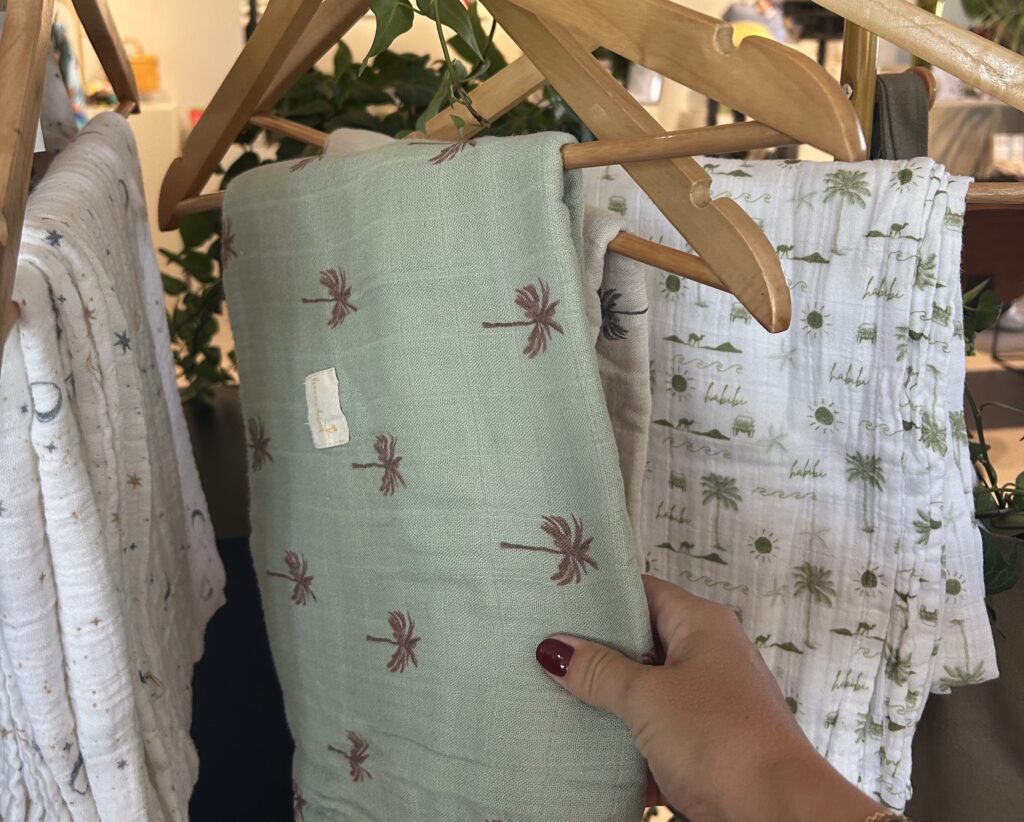
Ideal for clothes:
Beaux Desert
Beautifully made collections for the whole family using eco-friendly materials and ethical manufacturing practices
Birdsn’Bees
A local family concept store specializing in clothing, beachwear, and swimwear
Little IA
The perfect place for personalized gifts for little ones
Atlas & Maya
Exclusively creating collections using certified sustainable materials
Baby Bazaar
A monthly circular pre-loved pop-up at Times Square Centre, Dubai
Reloved
A marketplace for buying and selling second-hand clothes, baby items, furniture, accessories, and more
Bump and Baby
A pre-loved maternity & baby store
Anvi Baby
Quality, comfortable and sustainable essentials for baby
Bjerg & Hav
Hygge | Slow | Handmade | Organic
Carob
Effortless mummy and me summer fashion
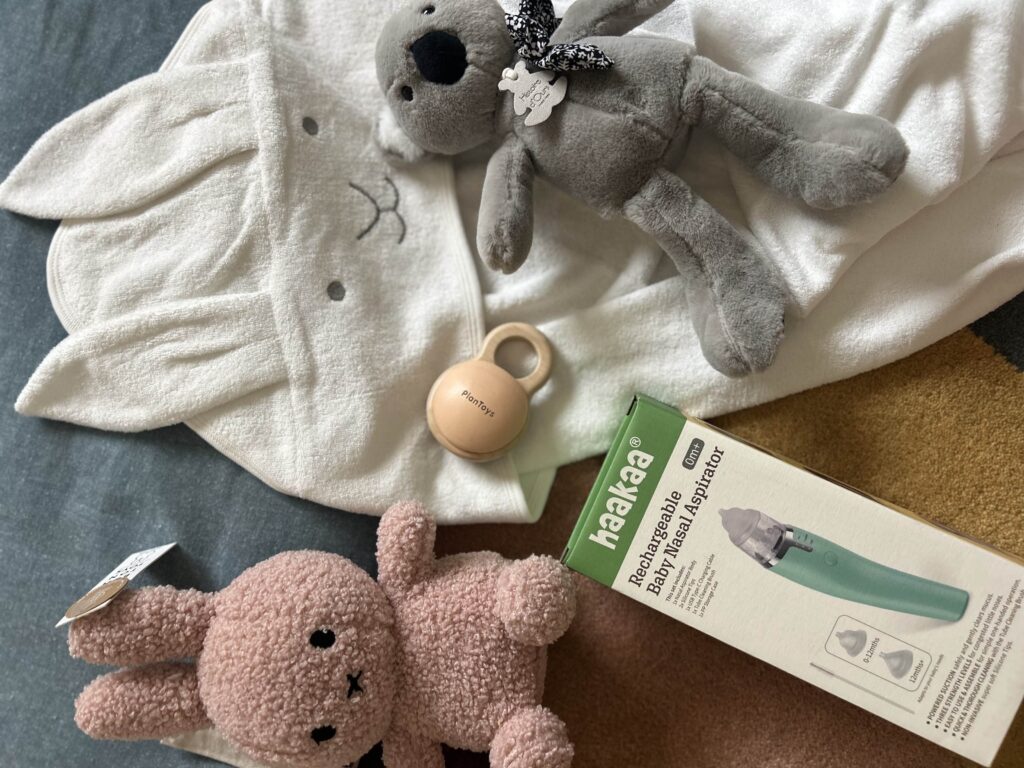
Ideal for toys and equipment:
Made By Nature
Dubai’s only family concept store offering sustainable brands
Little Ones Arabia
Premium sustainable baby products, clothes and gift hampers
Maisontini
Experiential showroom and sustainably minded concept store
Eggs n Soldiers
Natural & eco-friendly baby products
Monki Box
Sustainably designed bilingual purposeful play program
Secondful
A secondhand online marketplace for pre-loved kids and baby gear
Secondgear
A secondhand online marketplace for pre-loved kids and baby gear
